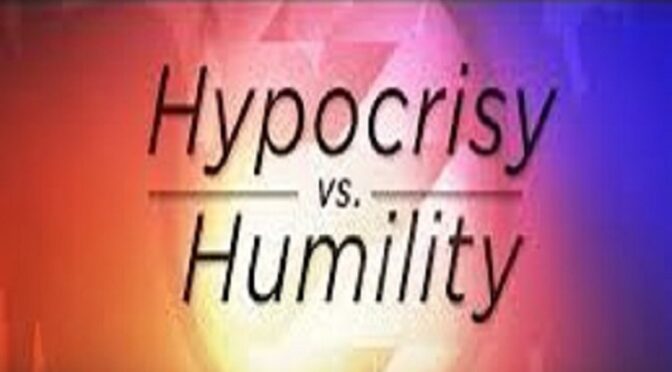Contents
Prologue
This Sunday Gospel is still on prayer but from a different perspective. If Luke 18:1–8 is on the constancy of prayer, 18:9–14 emphasises on how to pray and on how not to pray. The implication is that if a person prays accordingly, his or her petition stands the chance of being answered, depending on what God decides. But if one prays disregarding the laid down principles and guidelines, then, his or her prayers will never find favour before God. A practical demonstration of this is the conclusion of the parable. In Luke 18:14, Jesus concludes the parable by underlining that while the tax collector went home justified, spiritually fulfilled, the Pharisee equally went home but unjustified and worse than he came to the house of God. The ugly effect of pride. The reward for pride.
He went home justified
“The Publican went down to his home justified rather than the Pharisee; for all who exalt themselves will be humbled, but all who humble themselves will be exalted” (Luke 18:14). As the psalmist observes, this poor man called and the Lord heard him (cf. Responsorial psalm). The indication given by Luke in 18:14a concerning the condition of the Pharisee and the tax collector after praying is very important. While the former went home worse than he came, the latter went home better than he came, because he went home justified (Greek: dedikaiōmenos, from dikaioō). Why? The Greek term dikaoō means justify, vindicate, treat as just. But in the passive sense (as in Luke 18:14a) and as regards people it means: be acquitted, be pronounced and treated as righteous, and in the theological sense, it means to be justified. That is, to receive the divine gift of justice/justification (Greek: dikaiosunē). With just six words (according to the Greek text) and especially, with and due to his humble attitude, the Publican was acquitted, pronounced and treated as righteous and justified by God.
Epilogue
Those who use their business, profession, vocation or position to defraud others and commit all sort of crime should re-examine their actions. Do not think you can get away with it with a simple “O God have mercy on me a sinner.” The Publican repented and was justified, but that is not all. He must bring the justification to completion by doing like Zacchaeus in returning the excess money he extorted from people. The Lord is merciful, yes, but that is after you must have sincerely repented and repaired every damage you have caused. We should not forget that God’s mercy does not overrule justice. In fact, God is kind and merciful because God is just. In his infinite love and mercy, God punishes the sinner and rewards the righteous. Again, avoid emergency or last-minute repentance.
FOR DETAILS, GET YOUR OWN COPIES OF THE BOOK “THE WORD OF LIFE:
SUNDAY REFLECTIONS” (vols. I‑II-III)!! The reflection for the 30th Sunday is found in The Word of Life, vol. III, pages 586–601. Happy reading!
For details on how to get it, contact the author on this link: https://m.me/uchennabiblia?fbclid=IwAR2yeg4a6sDGBp9QGkIvKj6FSADumMokN6lshdE0zuo-JHs6qOmlhA7jyHo
or email me at: postmaster@uchennabiblia.com
or simply send an SMS on 08116100926, and I will get back to you.

